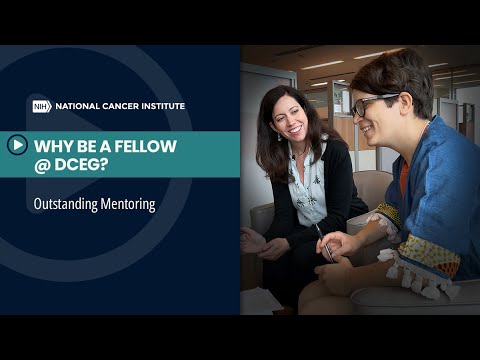Investigators in the Radiation Epidemiology Branch (REB) work with fellows to conduct research on populations exposed to a variety of ionizing and non-ionizing radiation sources. Fellows work with internationally known scientists, studying:
- Cancer risks associated with medical sources of ionizing radiation
- Cohort and case-control studies of selected cancers in the U.S. Radiologic Technologists cohort
- Studies in Japanese atomic bomb survivors
- Second primary cancers and other cancer survivorship studies
- Thyroid cancer risk factors and genetics
- Cohort study of retinoblastoma survivors
- Radiation Dosimetry to Support Epidemiologic Studies
Learn more about the Radiation Epidemiology Branch research areas.
REB is Hiring Fellows
REB is actively recruiting for two positions:
- Artificial Intelligence & Radiation Dosimetry with Dr. Choonsik Lee
- Radiation Epidemiology & Cancer Survivorship with Dr. Lindsay Morton
Candidates for postdoctoral fellowships must hold a doctorate in medicine, epidemiology, biostatistics, medical or health physics, or related fields. Familiarity with statistical software is preferred but not required. For radiation dosimetry applicants, familiarity with Monte Carlo radiation transport simulation codes, computational human phantoms, and dose measurement techniques using physical phantoms is preferred.
To explore training opportunities in other research areas, see a full list of the DCEG research groups on the Apply for Fellowships page.

